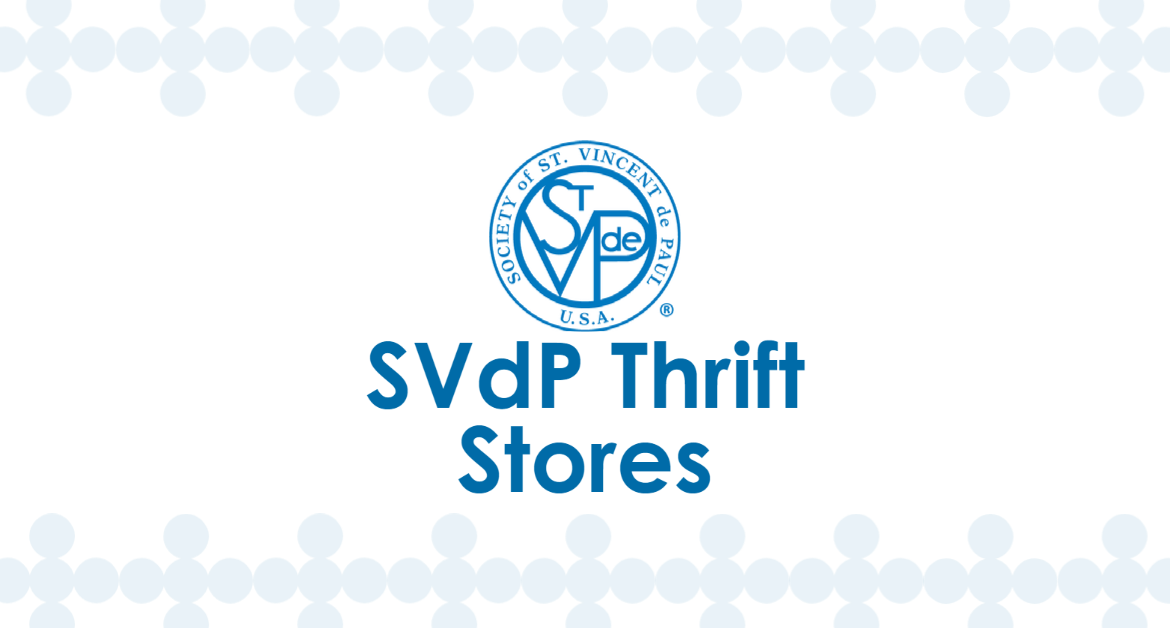The National SVdP Stores Board of Directors is searching for a Volunteer Treasurer.
Role and Responsibilities of the Volunteer Treasurer
The Treasurer shall be responsible for overseeing the corporate funds and maintenance of full and accurate accounts of receipts and disbursements in books (official records) belonging to the corporation and the deposit of all monies and to the credit of the corporation in such depositories for the local bookkeeper at the National Store as designated by the Store Support Director. The Treasurer shall be a liaison between the bookkeeper and the COO/CFO for the National Council of the U.S., Society of St. Vincent de Paul, Inc.
Store Support Director shall approve all expenses and go over the monthly QuickBooks reports before going to the Treasurer.
The Treasurer shall be a member of the Board of Directors (BOD) and attend meetings on a bimonthly schedule. The Treasurer informs BOD members of the Store’s financial position and approval of the monthly reports by submitting a written statement at every meeting. The Treasurer approves a budget for the Store, which shall be approved annually.
The Treasurer should have supervisory accounting experience that can review the current accounting processes and procedures, implementing improvements where necessary and can serve as the “eyes and ears” for the BOD.
To apply, contact Jeff Beamguard at jbeamguard@svdpusa.org or Diane Smith Melloy at dianesmithmelloy@gmail.com.



